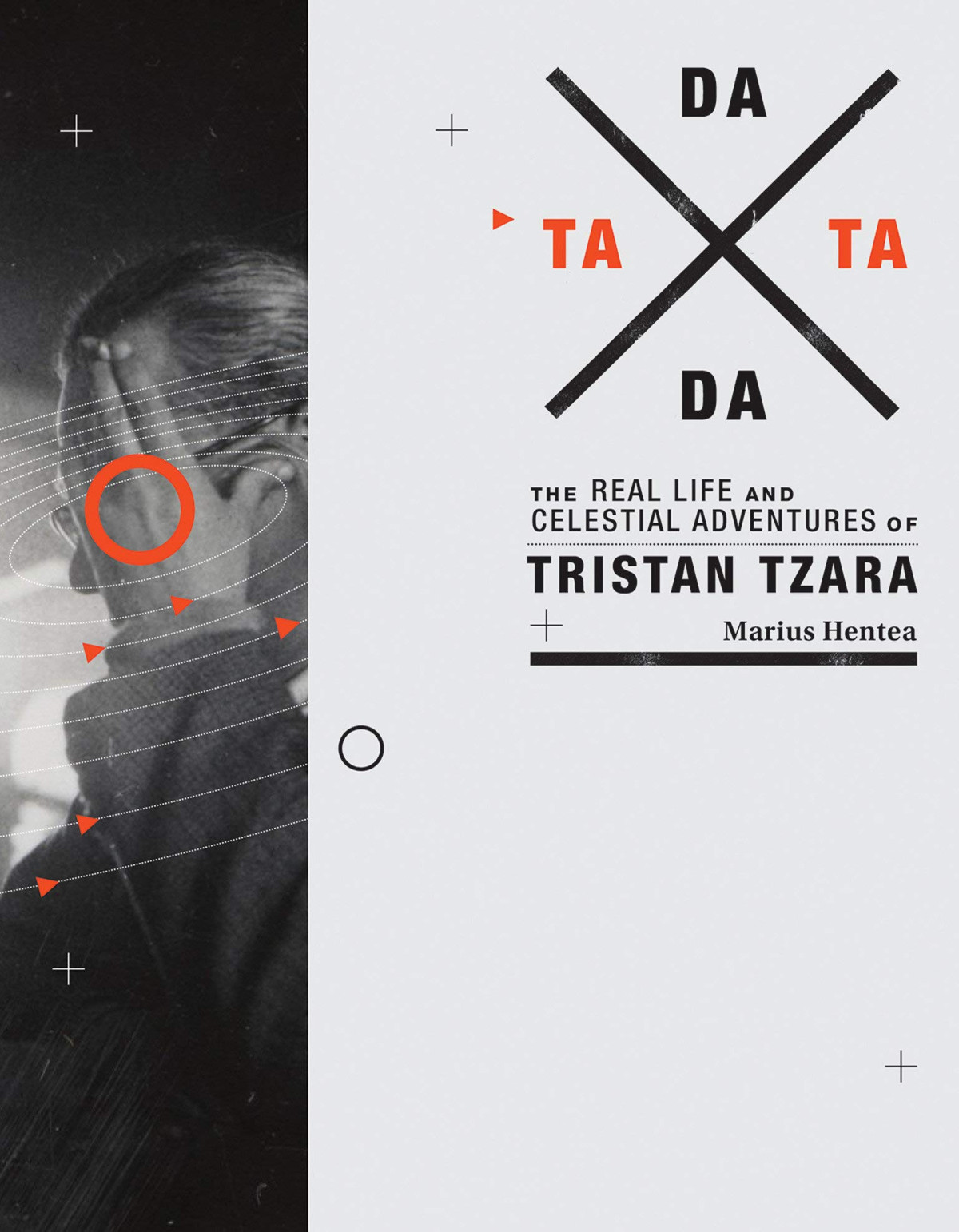

Most ebook files are in PDF format, so you can easily read them using various software such as Foxit Reader or directly on the Google Chrome browser.
Some ebook files are released by publishers in other formats such as .awz, .mobi, .epub, .fb2, etc. You may need to install specific software to read these formats on mobile/PC, such as Calibre.
Please read the tutorial at this link: https://ebookbell.com/faq
We offer FREE conversion to the popular formats you request; however, this may take some time. Therefore, right after payment, please email us, and we will try to provide the service as quickly as possible.
For some exceptional file formats or broken links (if any), please refrain from opening any disputes. Instead, email us first, and we will try to assist within a maximum of 6 hours.
EbookBell Team

0.0
0 reviewsTristan Tzara, one of the most important figures in the twentieth century's most famous avant-garde movements, was born Samuel Rosenstock (or Samueli Rosenștok) in a provincial Romanian town, on April 16 (or 17, or 14, or 28) in 1896. Tzara became Tzara twenty years later at the Cabaret Voltaire in Zurich, when he and others (including Marcel Janco, Hugo Ball, Richard Huelsenbeck, and Hans Arp) invented Dada with a series of chaotic performances including multilingual (and nonlingual) shouting, music, drumming, and calisthenics. Within a few years, Dada (largely driven by Tzara) became an international artistic movement, a rallying point for young artists in Paris, New York, Barcelona, Berlin, and Buenos Aires. With TaTa Dada, Marius Hentea offers the first English-language biography of this influential artist.
As the leader of Dada, Tzara created “the moment art changed forever.” But, Hentea shows, Tzara and Dada were not coterminous. Tzara went on to publish more than fifty books; he wrote one of the great poems of surrealism; he became a recognized expert on primitive art; he was an active antifascist, a communist, and (after the Soviet repression of the Hungarian Revolution) a former communist. Hentea offers a detailed exploration of Tzara's early life in Romania, neglected by other scholars; a scrupulous assessment of the Dada years; and an original examination of Tzara's life and works after Dada. The one thing that remained constant through all of Tzara's artistic and political metamorphoses, Hentea tells us, was a desire to unlock the secrets and mysteries of language.